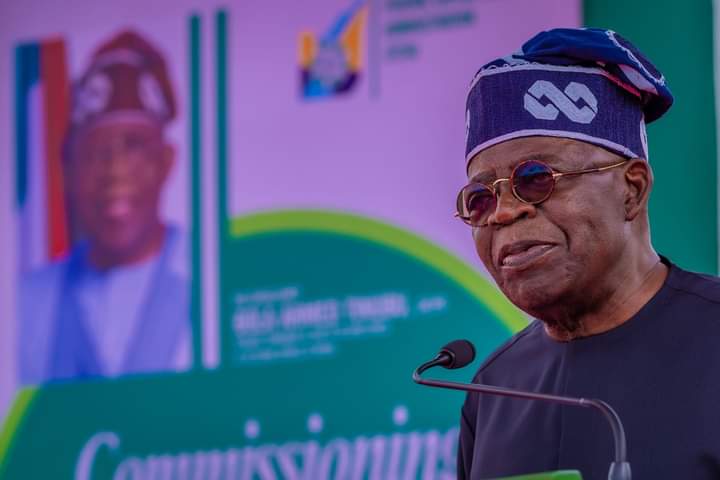In a move to curb excessive government spending, President Bola Tinubu has directed the reduction of Nigeria’s official delegation to the upcoming 79th session of the United Nations General Assembly (UNGA) in New York this September.
This decision was announced on Saturday by Tinubu’s Chief of Staff, Femi Gbajabiamila, during a one-day retreat organized by the State House management in Abuja. The event, themed ‘Strengthening Institutional Mechanism for Effective Delivery,’ brought together heads of government agencies under the supervision of the State House.
The directive, as outlined in a statement by the Special Adviser to the President on Media and Publicity, Ajuri Ngelale, emphasizes that only authorized officials with direct business at the UNGA will be allowed to attend the session.
Speaking at the retreat, Gbajabiamila addressed the recent public discourse surrounding the high cost of governance. He stated, “There have been concerns about the size of Nigeria’s delegation to international events like the UNGA. Some individuals in the past have used these trips for personal business. This year, the President has made it clear: if you have no business at the UN General Assembly, do not step foot in America.”
The Chief of Staff underscored that this decision is part of the administration’s broader commitment to prudent resource management and reducing the cost of governance. He also hinted at forthcoming policy announcements aimed at enhancing the efficiency of government operations.
Gbajabiamila urged the retreat participants, particularly heads of agencies, to comply strictly with the directive, emphasizing that President Tinubu is keenly aware of the concerns of Nigerians and is determined to address them.
The retreat was also aimed at fostering collaboration and coordination among government agencies, particularly those under the State House’s supervision. Gbajabiamila noted that coherence and coordination are essential for achieving the objectives of President Tinubu’s Renewed Hope Agenda.
He further emphasized the importance of compliance with existing statutes, regulations, and presidential directives, urging the State House management and agency leaders to lead by example. “Excellence in governance requires strict adherence to the Public Procurement Act, the Financial Reporting Council of Nigeria Act, the Finance Act, and various other appropriation acts,” he stated, adding that compliance with civil service rules, particularly in areas like recruitment, promotion, and presidential approvals, is non-negotiable.
Gbajabiamila concluded by noting that the retreat would be a continuous exercise, reflecting the administration’s understanding that governance is an evolving process requiring regular adjustments.
